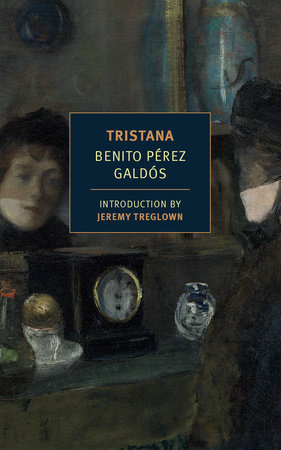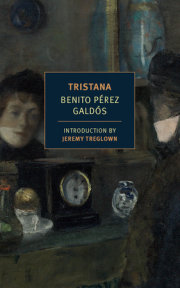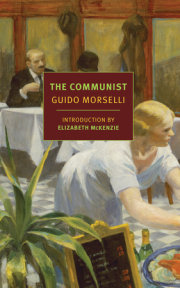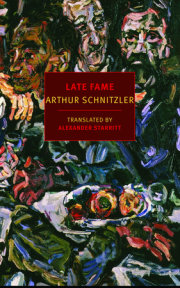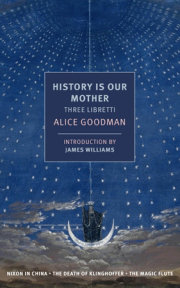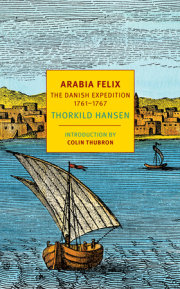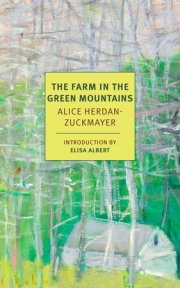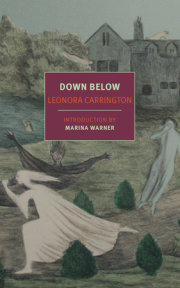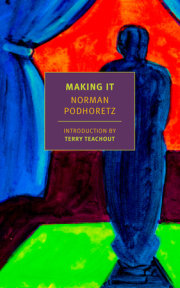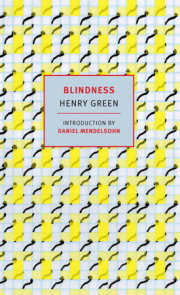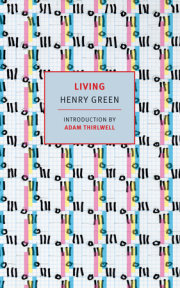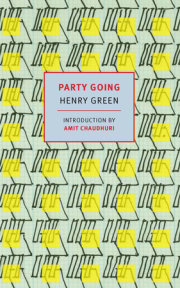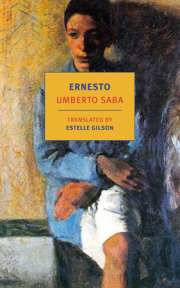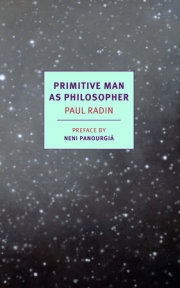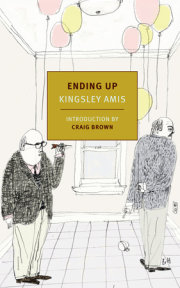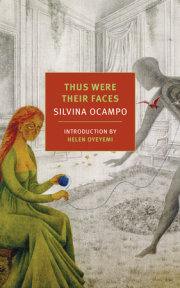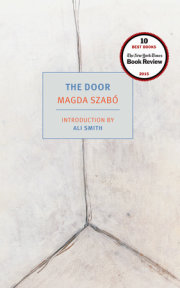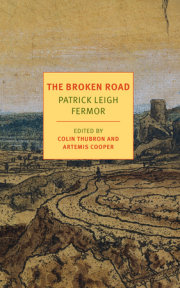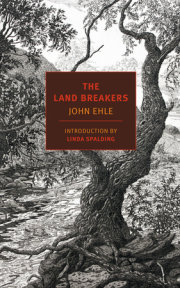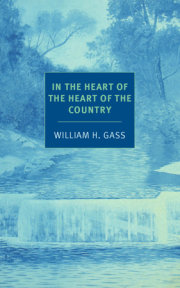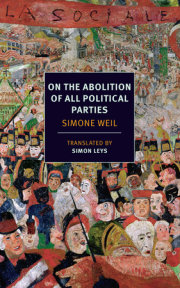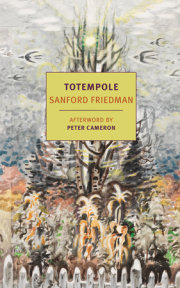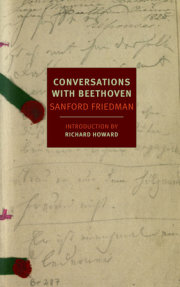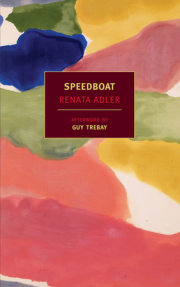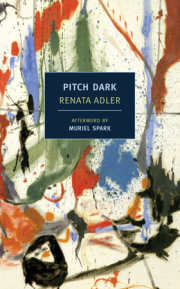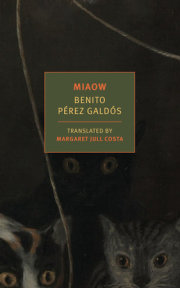Benito Pérez Galdós (1843–1920) was born into a middle-class family in Las Palmas in the Canary Islands. When he was nineteen, he was sent to Madrid to study law. Once there, however, he neglected his studies and plunged into the ordinary life of the capital, an experience that both developed his social and political conscience and confirmed him in his vocation as a writer. He became an assiduous theater- and concert-goer and a visitor to galleries and museums, and began publishing articles on literature, art, music, and politics. Galdós was the first to translate The Pickwick Papers into Spanish, and on a visit to Paris, discovered the works of Balzac. His first novel, La fontana de oro, was published privately and initially met with little interest. It wasn’t long, though, before critics were hailing it as a new beginning for the Spanish novel. In a career that spanned more than forty years, Galdós wrote nearly eighty novels and some twenty plays. He also managed to find time to travel widely, in Spain and abroad, and to conduct a series of discreet affairs—one of them with fellow novelist Emilia Pardo Bazán. Perhaps his most ambitious literary project, entitled Episodios nacionales, comprised forty-six books, each chronicling a different episode in Spanish history from the Battle of Trafalgar onward. He continued to write until his death at the age of seventy-six, dictating his novels to an amanuensis when blindness overtook him. Galdós provides his readers with an extraordinarily vivid picture of life in nineteenth-century Spain; his novels teem with fascinating characters from all social classes. His masterpiece is generally considered to be the vast and wonderful Fortunata and Jacinta, but equally impressive are such works as Doña Perfecta, Misericordia, La de Bringas, and Miau. Luis Buñuel based three of his movies—Viridiana, Nazarín, and Tristana—on three Galdós novels, perhaps recognizing in Galdós a fellow subversive.
Margaret Jull Costa has been a translator of Spanish and Portuguese literature for nearly thirty years. Among the authors she has translated are José Saramago, Javier Marías, and Eça de Queiroz. She has won many prizes, including the PEN Translation Prize. In 2013 she was invited to become a Fellow of the Royal Society of Literature, and in 2014 she was awarded an OBE for her services to literature. She lives in the United Kingdom.
Jeremy Treglown is a writer and literary critic known most recently for his work on Spanish culture, film, and literature. His books include several biographies, including V. S. Pritchett, which was short-listed for the Whitbread Award for Biography, and most recently Franco’s Crypt: Spanish Culture and Memory Since 1936. He was the editor of The Times Literary Supplement for almost a decade and is currently the Donald C. Gallup Fellow in American Literature at the Beinecke Library at Yale. He lives in the United Kingdom.

